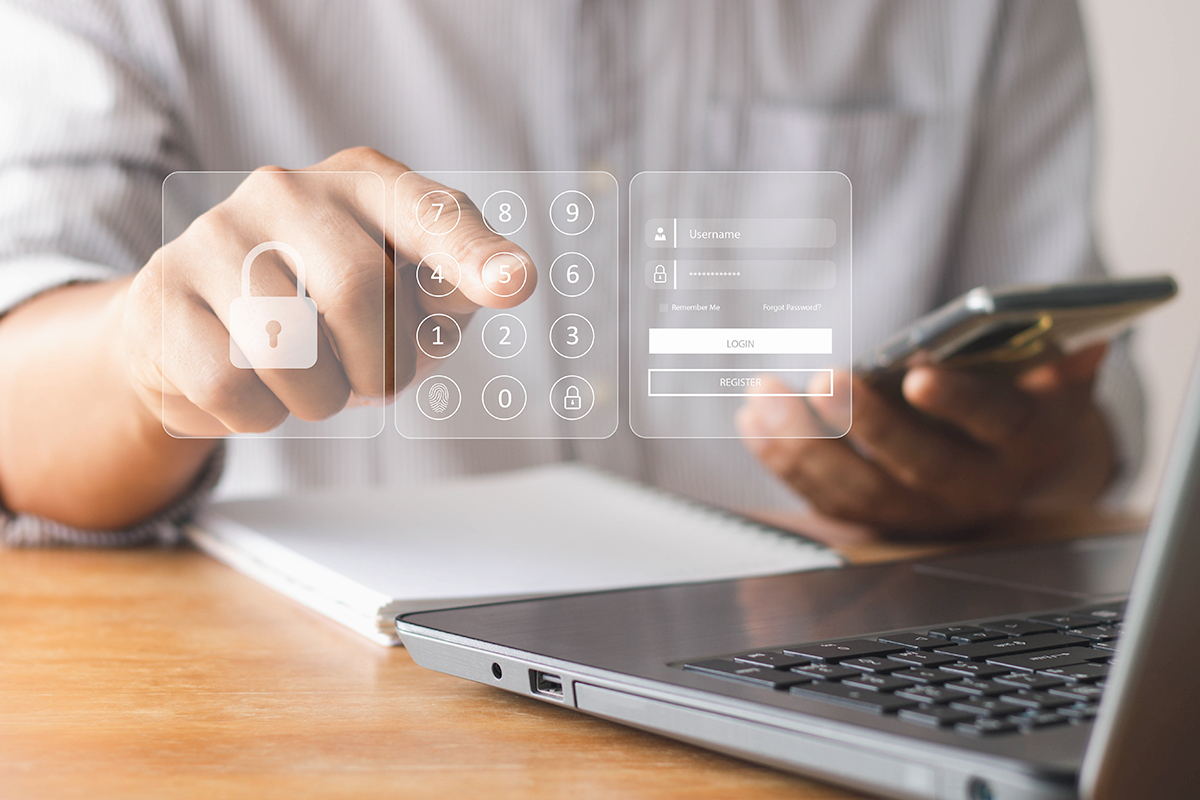4 Key Benefits of MFA and 2FA

Weak passwords invite cybercriminals to take over accounts, steal valuable data or unleash ransomware, potentially leading to massive financial loss. Fortunately, companies can mitigate cyberthreats with multifactor authentication (MFA). MFA requires two or more authentication factors to access an account, network or application. A type of MFA that uses two distinct verification factors is called two-factor authentication (2FA). Organizations commonly implement 2FA to control system access and tighten cybersecurity.
Not sure if your business needs MFA? Consider the following benefits:
1. Protects Valuable Data From Hackers
With the availability and growing affordability of advanced password-cracking tools, it’s getting easier and easier for criminals to access accounts. Hackers can crack passwords consisting of six or fewer characters instantly — even if they include symbols, numbers, and uppercase and lowercase letters. Considering how fast criminals can bypass weak passwords, it’s no surprise that 99.9% of breached accounts don’t use MFA.
MFA adds an essential layer of protection to accounts, as it requires a bad actor to overcome a second verification factor if they crack a password, making it extremely difficult to break in.
2. Simplifies User Experience
MFA, particularly 2FA, is one of the most user-friendly ways to enhance cybersecurity. You can choose from various MFA methods to suit your organization’s needs.
For example, you can allow your employees to choose the authentication factors that are most convenient for them, whether they prefer verifying their identities via one-time codes or biometric methods. Additionally, you can implement adaptive MFA, which considers user context and modifies MFA requirements accordingly.
3. Enables Compliance With Cybersecurity Requirements
Depending on your industry and the services you provide, MFA may be required by law.
For example, many financial institutions must comply with the Federal Trade Commission’s Standards for Safeguarding Customer Information rule. According to the rule, covered institutions must implement MFA for “any individual accessing any information system” unless equivalent or more secure access controls are approved.
Even if MFA isn’t explicitly required for your organization, it’s still strongly encouraged and considered a best practice.
4. Maintains Customer Trust
Data protection is crucial to winning and maintaining consumer trust. According to a McKinsey survey, 87% of respondents say a trustworthy reputation is important when making a purchase decision. More than half will only make online purchases from companies with a reputation for protecting customer data.
Implementing MFA is a way to ensure you adequately safeguard your customers’ data — and your reputation — from hackers.
Contact Converged Technology Group for Expert MFA Solutions
MFA or 2FA is an integral component in identity access management. Although MFA can be designed for easy use, it can still be challenging to implement effectively on an organization-wide level.
At Converged Technology Group, our IT experts help businesses in New York City and beyond develop robust, reliable and compliant cybersecurity. Whether you’re interested in adopting user-friendly MFA or a holistic security approach, we’ll provide solutions. Our services begin with a risk assessment to identify vulnerabilities so we can help you determine an achievable path forward.
Ready to implement MFA or other security solutions? Contact us today for a consultation!


